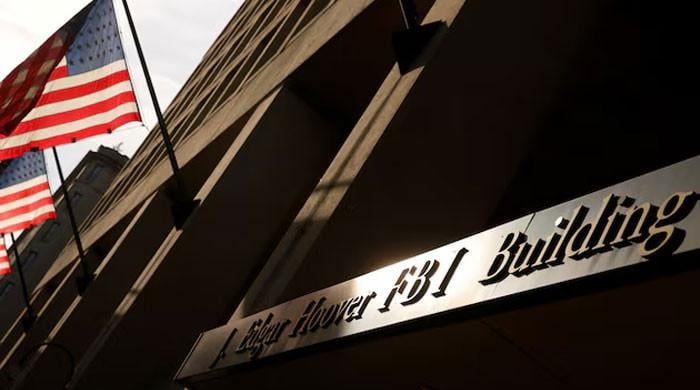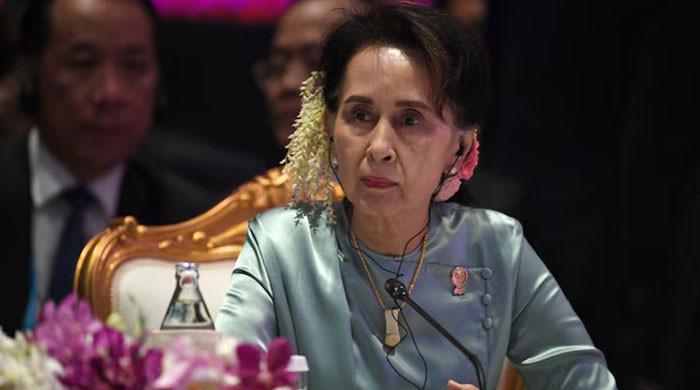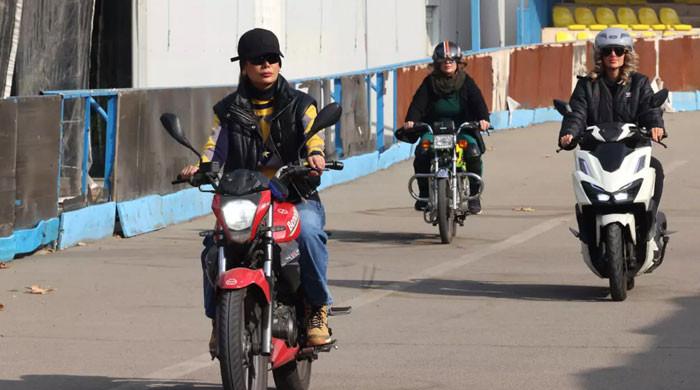#MeToo movement: Indian minister loses defamation case against journalist
Indian court observes that 'society must understand the impact of sexual abuse and harassment on its victims'
February 18, 2021

- India's former home minister MJ Akbar loses defamation case against journalist Priya Ramani
- Ramani had in 2018 alleged that the ex-Union Minister had sexually harassed her during a meeting a hotel room
- “Even a man of social status can be a sexual harasser,” Additional Chief Metropolitan Magistrate Ravindra Pandey told Delhi court
India's former home minister who was accused of sexual harassment by a journalist has lost a criminal defamation case he had filed against her after a court in Delhi ruled that his libel claims were unproven.
As the #MeToo movement globally took off in 2018, journalist Priya Ramani had alleged that ex-Union Minister MJ Akbar sexually harassed her during a meeting a hotel room. Akbar then resigned from his post — but remains a member of the upper house, the Rajya Sabha — and initiated legal proceedings against her in October 2018.
Ramani, he had claimed, "intentionally put forward malicious, fabricated and salacious" allegations him. He also denied similar allegations by other women.
Akbar's decision to step down as the minister of state for external affairs in 2018 came following sexual misconduct accusations from more than a dozen other women.
However, the Delhi court on Wednesday acquitted Ramani of any defamation, observing that the "society must understand the impact of sexual abuse and harassment on its victims".
“Even a man of social status can be a sexual harasser,” Additional Chief Metropolitan Magistrate Ravindra Kumar Pandey told the Delhi court as he acquitted Ramani.
"This is a big moment for the #MeToo movement," the journalist said as she exited the courtroom smiling after the verdict, according to The Wire reporter Ismat Ara.
"I hope it will make more women speak up. And discourage powerful men from stopping women from speaking their truth," she was quoted as saying by IndiaSpend journalist Anoo Bhuyan.
The verdict by the Delhi court has been hailed as a victory for India’s #MeToo movement, in which Akbar — a veteran editor who founded many publications — was one of the highest profile figures to be accused.
The journalist's decision to go public with her accusations against Akbar was lauded by Indian women’s rights activists for lending strength to the country’s #MeToo movement, which began in 2018.
"We won this," the #MeTooIndia handle run by journalist Rituparna Chatterjee posted on Twitter after the verdict.
Bar & Bench, a Twitter account that posts news about law and lawyers, live-tweeted the proceedings.
"Right of reputation can't be protected at the cost of right to dignity," it wrote in a Twitter thread.
Ramani had called out Akbar in a Vogue India article, giving the confidence to almost 20 more women in coming forward and speaking up about how the minister had engaged in sexual misconduct over several years during his journalistic career.
Several powerful men from the worlds of media, entertainment, and the arts accused in it have faced fallout since then, including ousters.
But activists say more needs to be done to encourage women to come forward to report sexual misconduct and the movement has had little impact in India’s remote and rural areas where sex crimes still largely go unreported.









